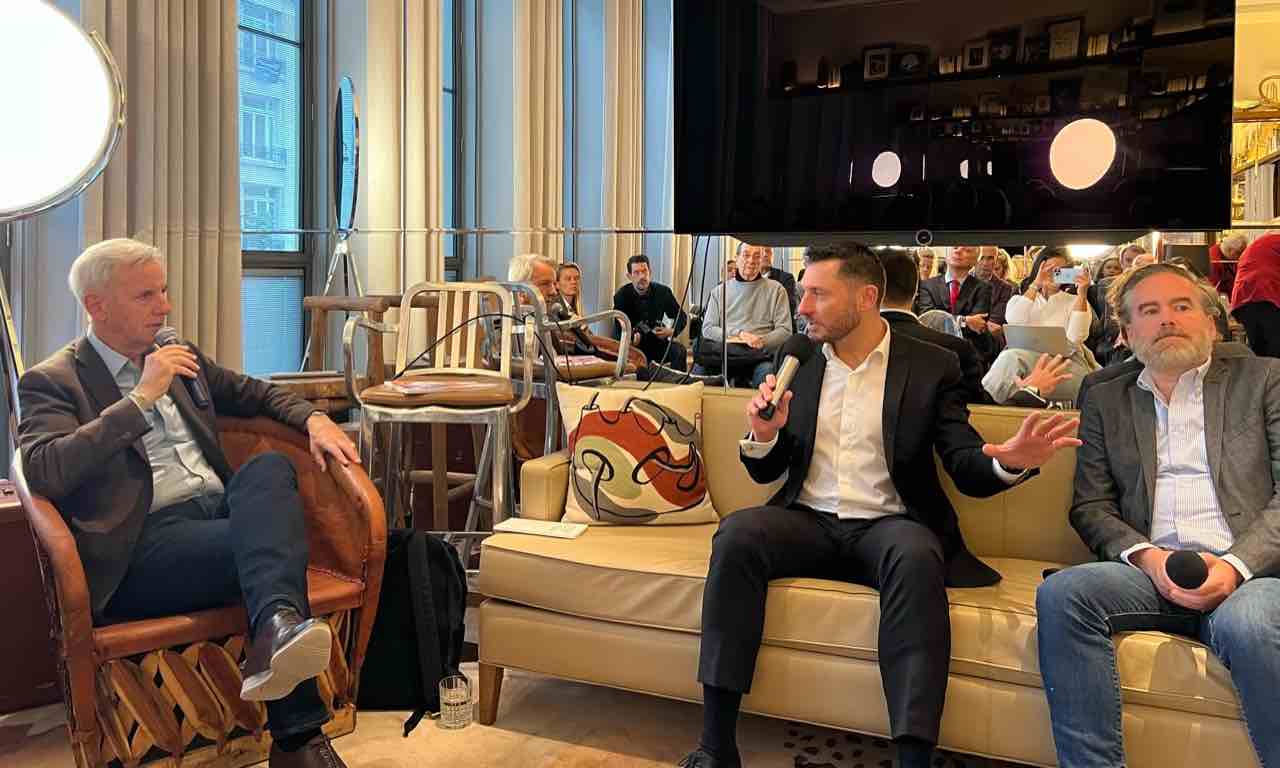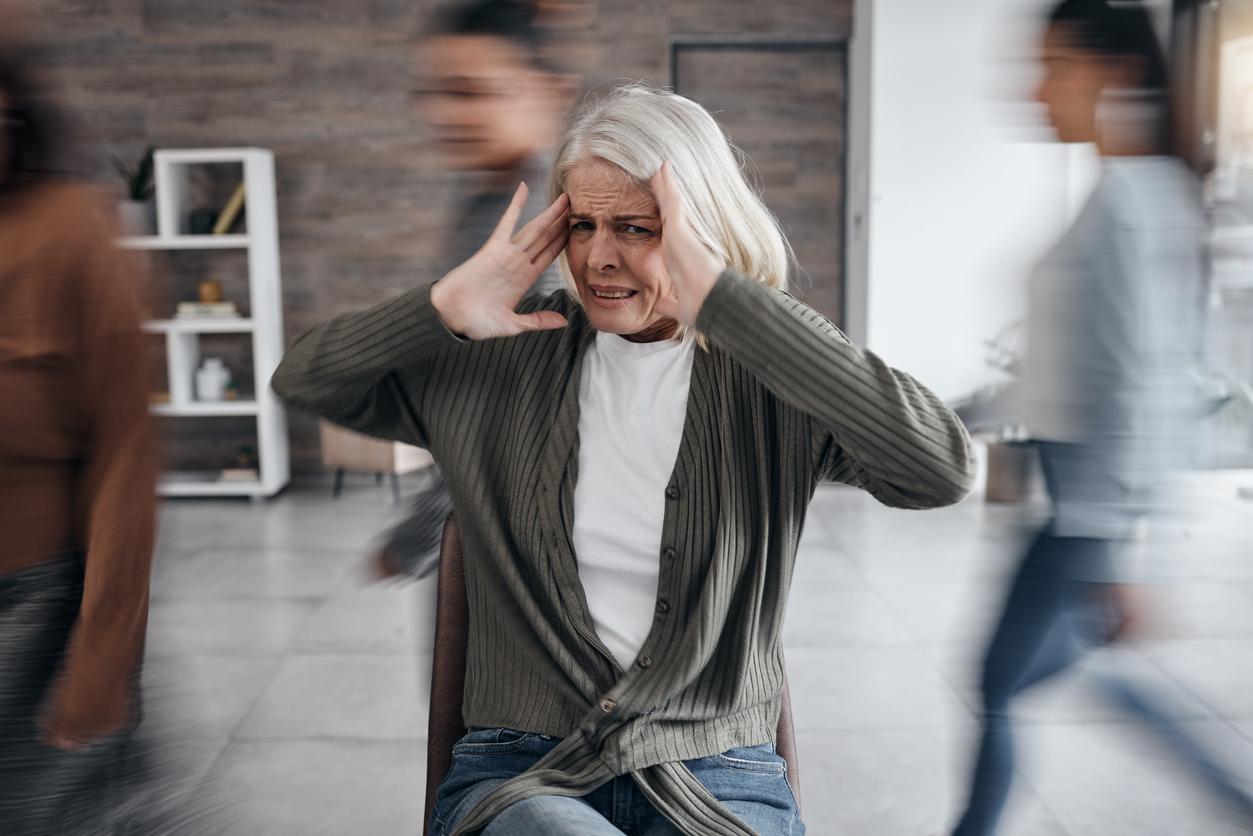In a society that tends to isolate its elders, how can we age harmoniously? The floor is given to Professor Bertrand Fougère, professor at the Faculty of Medicine of Tours and head of the geriatrics department at the University Hospital of Tours, and to Romain Jubert, editorial head of the magazine “Vieux”.

- According to Professor Bertrand Fougère, there are 5 pillars of aging well: “memory, physical activity, nutrition, sight and hearing, mental health”.
- Romain Jubert describes his magazine as “a band magazine, a humor magazine, a culture magazine, but also a society magazine”.
- Because… “in every old person, there is a young person who wonders what happened!”
For Professor Fougère, mental health is one of the five fundamental pillars of aging well, alongside memory, physical activity, nutrition, vision and hearing.
Mental health, one of the 5 essential pillars of aging well
Regretting that psychological disorders among seniors are often trivialized, wrongly considered to be a natural consequence of aging, he states: “ We tend to believe that it is normal for an elderly person to be depressed because they are losing their autonomy, but this is a misconception that must be combatted. “. Statistics on suicides among men over 60 are, in fact, increasing. This phenomenon is supported by a feeling of loss of meaning and isolation, two important factors in the deterioration of the mental health of seniors.
The geriatrician emphasizes the importance of preventive consultations from the age of 60, making it possible to proactively address the physical and psychological aspects of aging. It calls for considering the mental health of seniors as a public health issue, emphasizing that maintaining good mental health requires stimulating cognitive abilities, maintaining a social network and access to activities that give meaning to life.
Self-esteem and social utility: two inseparable concepts
The feeling of isolation plays an almost central role in the decline in self-esteem among seniors. “ Man is a pack animal, he needs others to feel like he exists. », recalls Professor Fougère. This social dynamic, when it deteriorates, generates a feeling of uselessness which profoundly affects self-esteem. Many elderly people perceive themselves as a burden to their loved ones, even though, paradoxically, “ children still often need their parents “, he emphasizes.

To prevent this loss of self-esteem, maintaining a life plan, even after retirement, is useful (if not vital). Whether through volunteering, family investment or leisure activities, every senior must be able to continue to feel useful. Bertrand Fougère also encourages people to anticipate the loss of autonomy without making it inevitable, by organizing their environment to preserve access to activities that nourish morale and vitality.
The spirit of transmission according to Romain Jubert
Romain Jubert, editorial director of the magazine OLDoffers a refreshing and optimistic vision of aging. For him, aging is not just a simple physical deterioration or a medical journey, but constitutes a phase of life marked by freedom and transmission. OLDa humorous, cultural and societal magazine, aims to expose the positive aspects of old age, drawing on medical expertise, such as that of Professor Fougère, and philosophical reflections around aging.
Romain Jubert evokes a strong idea: “ In every old person there is a young person who wonders what happened “. According to him, growing old also means discovering a new freedom, that of freeing oneself from superficial concerns and narcissism. Older people dare to express their thoughts more, and this phase of life, if lived well, can become a real adventure of transmission. For the head of the editorial office, who claims to have “ had his best life among old people “, aging is above all a state of mind which celebrates the joy of transmission and mutual enrichment between generations.















